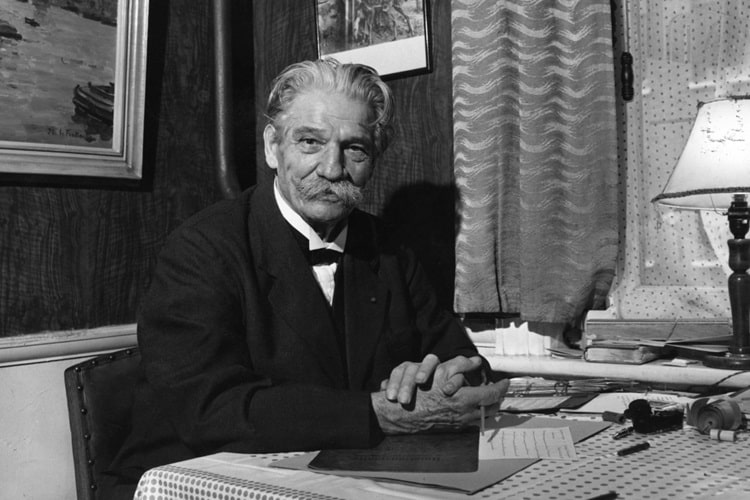Albert Schweitzer was a polymath who made significant contributions as a theologian, musician, philosopher, and medical missionary.
Life and Career
Albert Schweitzer was born on January 14, 1875, in Kaysersberg, a small town in the Alsace region of France, which was part of the German Empire at the time. He showed early signs of intellectual brilliance, learning to play the piano and organ at a young age. Schweitzer was also interested in theology and philosophy from an early age.
Schweitzer pursued a diverse education. He studied philosophy and theology at the University of Strasbourg, where he earned a doctorate in philosophy in 1899 and a doctorate in theology in 1903.
After completing his education, Schweitzer became a lecturer in theology and philosophy at the University of Strasbourg. He published several influential works on theology and philosophy during this period.
Schweitzer was also an accomplished musician. He gained recognition for his interpretation of the music of Johann Sebastian Bach. He wrote extensively on Bach and was regarded as an authority on the composer’s works.
In 1905, Schweitzer made a life-changing decision to become a medical missionary. He enrolled at the University of Strasbourg’s medical school and earned his medical degree in 1913. Schweitzer, along with his wife Helene, set up a hospital in Lambaréné, Gabon (then French Equatorial Africa), to provide healthcare to the local population.
He died on 4 September 1965, in Lambarene, Gabon.
Award and Legacy
Albert Schweitzer was awarded the Nobel Peace Prize in 1952 for his philosophy of “Reverence for Life” and his dedicated humanitarian work in Africa. The Nobel Committee recognized his efforts in establishing a hospital in Gabon and providing medical care to the local population.
Schweitzer received the Goethe Prize for his contributions to German culture, particularly his work on Johann Sebastian Bach.
Schweitzer’s philosophy of “Reverence for Life” continues to influence ethical and environmental discourse. It emphasizes the interconnectedness of all living beings and the moral responsibility humans have toward the preservation of life.
Schweitzer’s legacy lives on through the Albert Schweitzer Hospital in Lambaréné, Gabon. The hospital, founded by Schweitzer, continues to provide medical services to the local community, carrying forward his commitment to healthcare in Africa.
Schweitzer’s contributions to the understanding and interpretation of Johann Sebastian Bach’s music have left a lasting impact on Bach’s scholarship. His writings on Bach’s compositions are still studied and respected by musicians and scholars.
Albert Schweitzer serves as an inspiration for individuals committed to humanitarian causes. His selfless dedication to improving the lives of others, especially in impoverished regions, has inspired countless people to pursue careers in medicine, philanthropy, and social justice.
Several educational institutions, buildings, and awards bear Albert Schweitzer’s name, honoring his diverse contributions. These include the Albert Schweitzer Institute at Quinnipiac University and the Albert Schweitzer Fellowship, which supports emerging leaders in service and humanitarian work.

